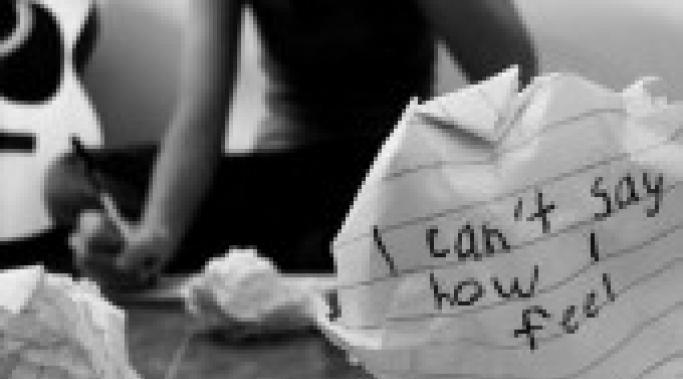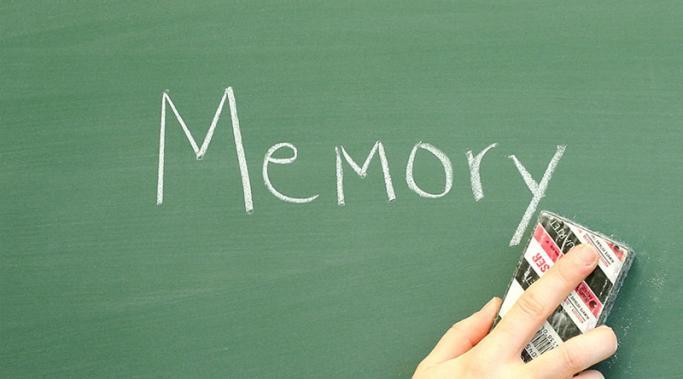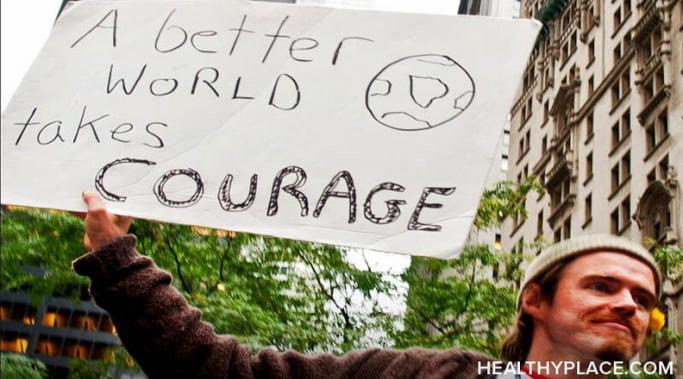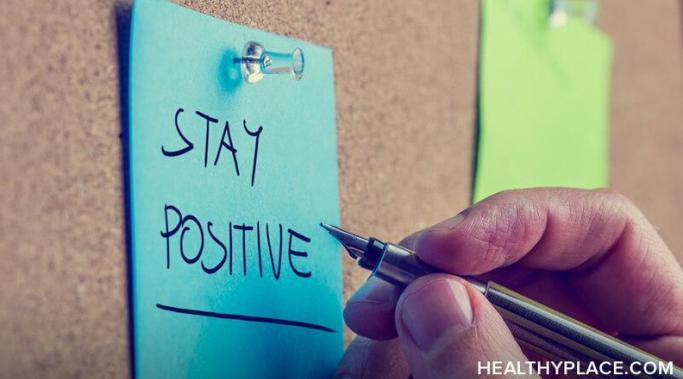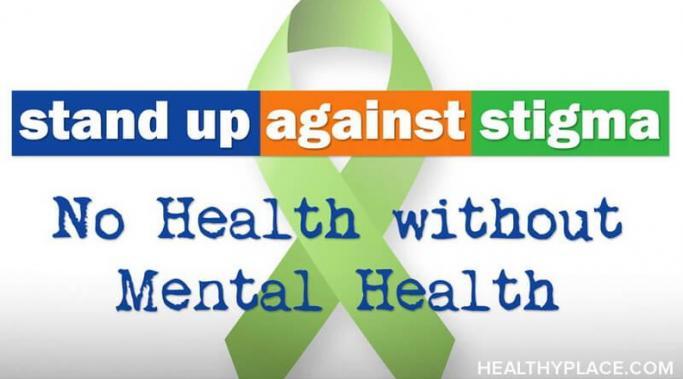Depression. I hate the word. Also, not in my repertoire of lovely words: consistent low mood. melancholy, apathetic, stuck, frightened, darkness, sadness. Lovely words, perhaps a thesaurus would give me two hundred more. But that is not the topic of this blog.
Defining Depression
Your psychiatrist can define depression, but in a clinical way. The language used cannot describe how a depressed person feels. Instead, person must exhibit specific symptoms: change in sleep patters, appetite, a lack of interest in previously enjoyed activities, isolation, sadness. When I tell my psychiatrist I am depressed she asks me how I feel. Often, if you are experiencing depression, it is hard to articulate your feelings. Sometimes, I tell her I do not know how I feel. I feel sad. I don't think I felt this way a couple months ago. But it's confusing. Working to compare how you felt before you started to feel down.
Mental Health - Recovering from Mental Illness
It seems unfair, to say the least, that when we are trying to recover from mental illness, our body can become ill as well. For a long time, I did not connect physical illness to mental illness. I believed the body and mind were separate.
I often found myself in my doctor's office. I told him I had migraines on a daily basis. He asked me if this had always been the case, and I told him no, just every few months. I get hit with serious sinus infections a few times a year, and curse my immune system. I am doing everything I should: eating healthy, exercising, taking my medication, and some vitamin's throw in for fun.
It took a long time to put the pieces together: mental illness causes unwanted physical symptoms, and not symptoms exclusively from psychiatric medication.
Memories from when you were ill can damage your recovery. The mind, your memory, has a funny way of pushing aside the bad bits: the time in hospital, the anguish, the search for reprieve. You sort of forget the acute pain. Hiding the memories from when you were ill invites irrational thoughts (like thinking you were never ever sick to begin with).
The title of this blog, Recovering from Mental Illness, argues that, yes, it is possible to recover from mental illness. But recovering from a mental illness is different from, say, recovering from a physical injury. I broke my ankle two years ago and spent time on crutches and in physiotherapy. The recovery period was slow, six months passed before I could walk with both feet, but my ankle slowly healed. It became well and functioned as it once had. I could rely on it to take me through the day. I could go running again.
Recovering from mental illness is not the same. The process probably does not require physiotherapy and Tylenol as the drug of choice. The road to recovery from mental illness is much longer, not usually smooth, and perhaps hot to the touch. Metaphors aside: it isn't easy.
I hesitated to use the word war in the title. I considered using the word struggle. But war is defined by combat: You are at war with your mental illness. Sometimes, every day. Struggle means many things, but war feels appropriate. You can win a war, perhaps struggle along the way, but land on your feet nonetheless.
Try these words on: Mental illness, mentally ill, relapse, psychiatry, psychiatrist, psychotropic medication, anti-psychotics, mania, depression, social isolation, side-effects, sickness, disease. How do these words feel applied to you as a person with a mental illness?
I can tell you how they make me feel: Awful, stigmatized, labeled. They make you feel alien. They make you feel alone. Unique in your illness. You might feel like you are the the brisk notes your psychiatrist jots down as you talk to her. You might wonder if those words, scribbled with medical jargon, define you as a person
Being a mental health patient requires patience. Eternal, frustrating patience. When you have a mental illness a few weeks feels like a few years. A decade. A mental health patient's degree of patience is the difference between suffering and relief. Living in patience peacefully is the key to mental health recovery.
I touched on the idea that labels are intrinsically different than stigma in Removing The Labels of Mental Illness. I believe that. Mental illness is, at its core, attached to stigma. Although mental health stigma is weaker than it once was, stigma is damaging nonetheless. But first, let's examine the connection between stigmatizing mental illness and labeling it.
I touched on reconciling with relapse in my post, Flashbacks and The Fear of Relapse, but there is a lot more to mental health recovery than a single post can cover. An entire book spanning thousands of pages cannot describe the fear associated with relapse. Reconciling with the possibility of mental illness relapse is a difficult task.
Recovering from a serious mental illness can seem impossible, insurmountable at times, and frightening as well. Because I was diagnosed with bipolar disorder at the age of twelve, drugs and alcohol became a way in which I worked to forget about the diagnosis and self-medicate it.
